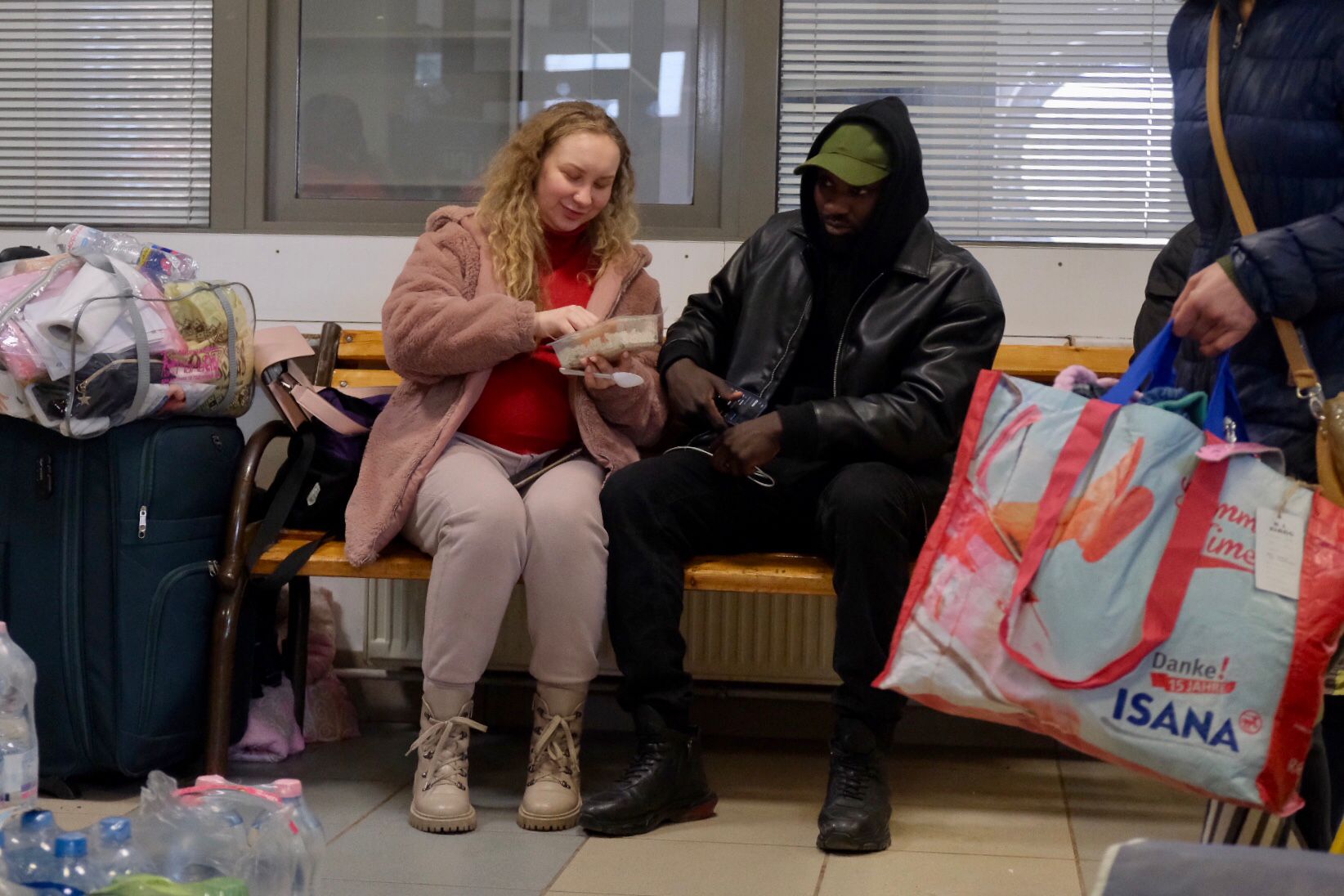The news of the European Commission’s approval of the directive to grant a one-year temporary protection to people fleeing the war in Ukraine has received lots of favourable opinions. Suddenly we realise that the EU has a directive – 2001/55/EC – which allows the adoption of extraordinary, albeit temporary, instruments for the regularisation and which has never been used until now. With the exception of associations with expertise in asylum matters, which have called for its application over the years, no one at political or institutional level had proposed it for the crisis in Libya, for the war in Afghanistan, or for the exodus of Syrians or Tunisians during the well-known conflicts, even though there were all the conditions for doing so. In fact, this directive can be adopted in the event of:
“a mass influx or imminent mass influx of displaced persons from third countries who are unable to return to their country of origin, immediate and temporary protection to such persons, in particular if there is also a risk that the asylum system will be unable to process this influx without adverse effects for its efficient operation, in the interests of the persons concerned and other persons requesting protection” (article 2 (a))
And:
“mass influx“: the arrival in the Community of a large number of displaced persons, who come from a specific country or geographical area.
Today, for the Ukraine crisis it is finally adopted, but something changes between the original proposal and the approval itself. While in the original proposal the right to a temporary permit was available to all those coming from the war zone, without distinction between Ukrainians with citizenship, beneficiaries of international protection and citizens with residence permits, the approved version contains a blatant discrimination. It seems that it was mainly Eastern European countries (Poland and Hungary in particular) that wanted this diversification, but that after all it has been appreciated also by others.
Ukrainian citizens and beneficiaries of international protection who were present in that country will be able to obtain a provisional residence permit immediately:
“This Decision applies to the following categories of persons displaced from Ukraine on or after 24 February 2022, as a result of the military invasion by Russian armed forces that began on that date:
- Ukrainian nationals residing in Ukraine before 24 February 2022;
- stateless persons, and nationals of third countries other than Ukraine, who benefited from international protection or equivalent national protection in Ukraine before 24 February 2022; and,
- family members of the persons referred to in points (a) and (b)”.1
For all the others will start another lottery:
“Member States shall apply either this Decision or adequate protection under their national law, in respect of stateless persons, and nationals of third countries other than Ukraine, who can prove that they were legally residing in Ukraine before 24 February 2022 on the basis of a valid permanent residence permit issued in accordance with Ukrainian law, and who are unable to return in safe and durable conditions to their country or region of origin”.2
Which, translated, means that every country can do whatever it wants. The case of the Nigerian and Indian students detained at the borders because they were clearly not Ukrainian was an episode (not the only one) of shameful racism: it rightly provoked the indignation of many people and we hoped that it would be enough to make MEPs understand that the whole issue of displaced persons must be treated equally. We were even wondering how right it was to keep on compulsively showing images of migrants discriminated against because of the colour of their skin, as if the abuse had to be supported with evidence of its perpetration, when denouncing the original racial act should be more than enough.
Unfortunately, racists sit right on the seats of power.
If we imagine what could happen in Poland or in other countries of the Visegrad group, or in Italy, to a non-EU person coming from Ukraine, we shudder: unfortunately, he or she will suffer those institutional discriminations that daily affect all the people who reach our country after a very hard journey, and face a neo-colonial legislation and practices characterized by differential access to rights, as well as all those discriminatory bureaucratic and cultural barriers still far from being removed.

